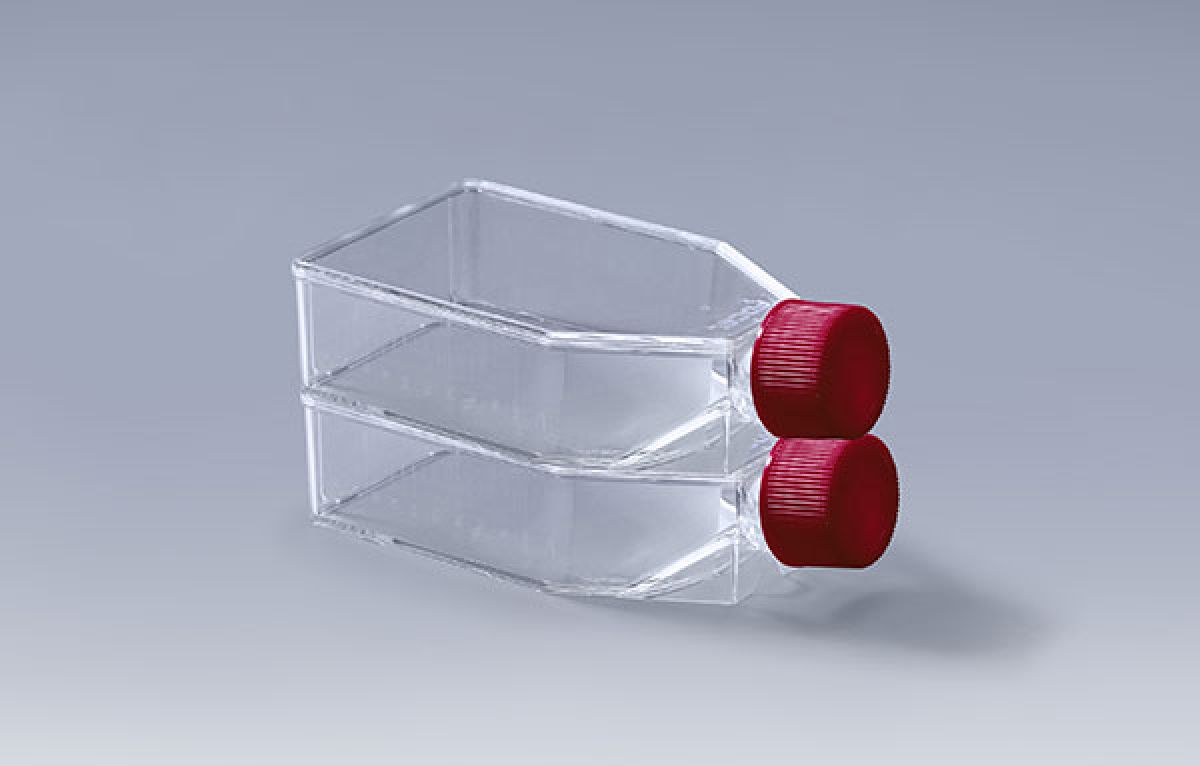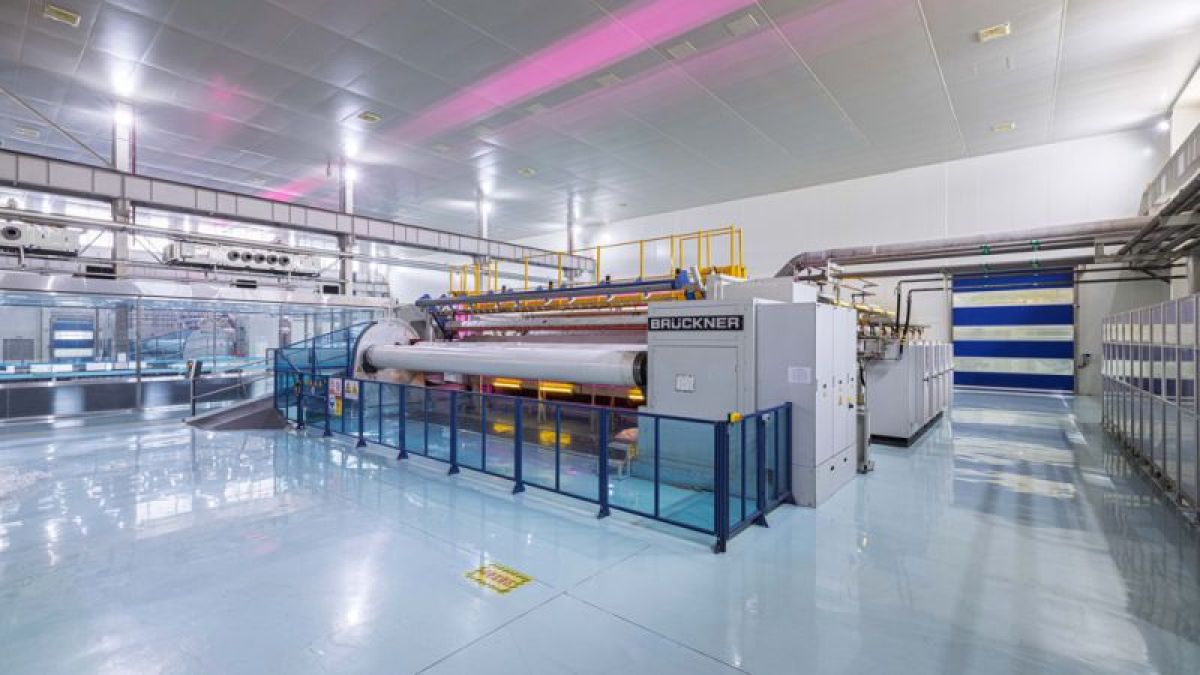Explore the optimal consumable choices for Vero cell vaccine production, from culture flasks to cell factory, ensuring ISO13485 compliance and high yield.
Vero cells are one of the most widely used adherent cell lines in the global vaccine industry, playing a dominant role particularly in the production of inactivated virus, live-attenuated virus, and recombinant vaccines. As the global vaccine market continues to grow, manufacturers are focusing not only on process optimization but also placing greater emphasis on the quality and compliance of consumables.
1. Impact of Consumables on Virus Yield and Purity
In Vero cell culture, the material, surface treatment process, and sealing performance of culture flasks, shake flasks, and cell factory directly affect:
Cell Adhesion and Growth Rate → Final Yield
Contamination Risk → Batch Consistency and Purity
Ease of Operation → Production Efficiency and Labor Costs
For example, low-quality flasks may lead to uneven cell adhesion, affecting virus harvest efficiency, whereas high-quality cell factory can maintain uniformity and reduce batch-to-batch variation in large-scale production.
2. Culture Flasks vs. Cell Factory: Optimal Choices for Different Stages
Stage Recommended Consumables Key Advantages
Early R&D / Pilot Scale T-Flasks (e.g., T25, T75) Low cost, easy cell morphology observation, suitable for small-scale experiments.
Process Scale-up / Optimization Shake Flasks or Small Cell factory (1-10 layers) Provides more surface area while remaining easy to handle and adjust conditions.
Commercial Large-Scale Production Large Cell factory (10-40 layers) High capacity, reduces manual handling steps, lowers contamination risk.
In commercial production, an increasing number of vaccine manufacturers in Europe and America tend to adopt automated-compatible cell factory to meet both regulatory and production efficiency requirements.
3. ISO13485 Certification: Assurance of Quality and Compliance
Vaccine production falls under strictly regulated medicinal product manufacturing. Choosing cell culture consumable suppliers with ISO13485 certification ensures:
The quality system complies with international medical device standards, facilitating FDA and EMA reviews.
Full product traceability, reducing compliance risks.
The supplier has robust inspection and validation processes, ensuring batch-to-batch consistency.
Compared to consumables meeting only basic industrial standards, ISO13485 certified products offer significant advantages in traceability, risk management, and continuous improvement, making them particularly suitable for the long-term strategic needs of vaccine manufacturers.
4. Tips for Mitigating Delivery and Supply Chain Risks
Prefer suppliers with overseas warehouses or fast logistics to reduce cross-border transportation risks.
Consider annual purchase agreements to avoid raw material price fluctuations and delivery delays.
Evaluate the supplier's production scale and equipment (e.g., imported automation, cleanroom classification) to ensure supply capability for sudden demands.
5. Conclusion and Action Guide
In Vero cell vaccine production, the correct selection of key consumables—from culture flasks to cell factory—is critical. It determines not only production efficiency and virus yield but also directly impacts product quality and regulatory compliance. Choosing a supplier with ISO13485 certification, providing inspection reports, and possessing a mature production system is a key step towards ensuring project success.
Contact Us to learn about cell factory, culture flask, and media bottle solutions suitable for Vero cell vaccine production and receive our "Vaccine Consumable Selection Checklist.




